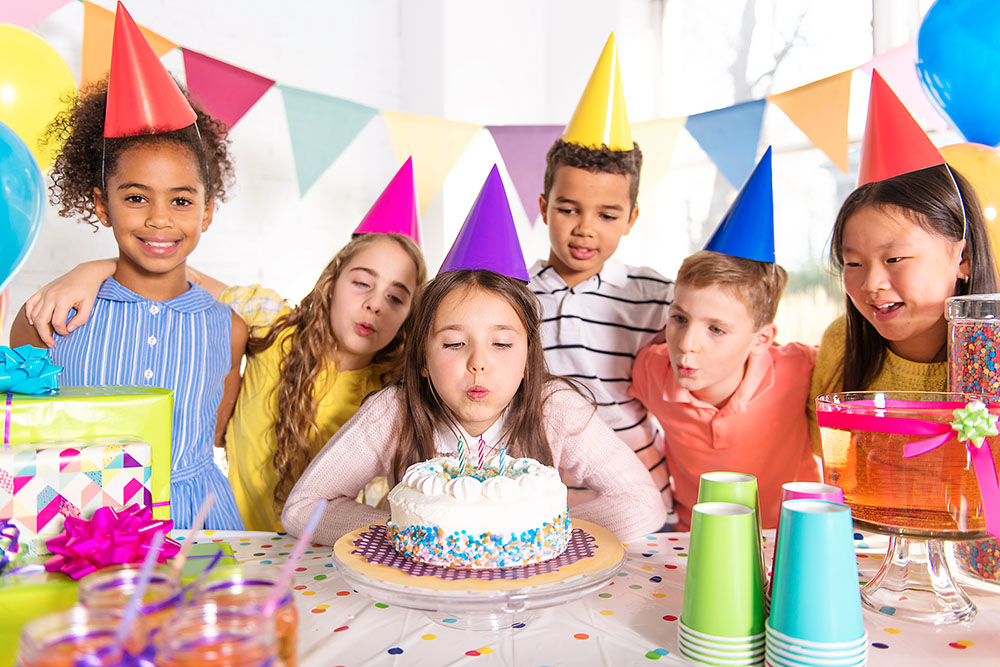An intriguing cast of characters, a Survivor-like elimination of all but the most determined or ruthless participants, frequent unexpected twists and strong passions — elections have drama enough to satisfy even the most blasé kid.
This election season offers parents a tremendous opportunity to teach their children about politics.
“We’re educating tomorrow’s leaders,” says Ann Rappoport, director of Kids Around Town, an educational project of the Pennsylvania League of Women Voters. “We’ll be in their hands. The public policies they create will affect everything we do.”
When to begin
“Start young!” urges Jesse Burns, director of communications for the League of Women Voters of New Jersey. Elaine Manlove, state election commissioner in Delaware, has made political action part of her family’s fabric. Today her adult children wouldn’t dream of not voting. “It’s what they saw growing up,” she explains. “Like going to church on Sunday; it’s what you did.”
Evaluate the candidates (third party ones too!). Encourage kids to see politicians as real people. Reading candidates’ biographies together is a great way to get a better sense of how their leadership evolved. Research current actions and speeches and compare them to past positions on issues to see if they’re consistent or if there’s a logical explanation for their change of heart. Manlove suggests treating young people like adults in these discussions, asking questions and carefully listening to their responses.
Practice asking effective questions. Teach your children how to analyze and think critically by visiting political websites together, watching debates or speeches as a family, reading newspaper and magazine viewpoints and evaluating media analysis of the candidates, especially the commentators. “Don’t accept candidates at face value,” Rappoport advises. “Presidential candidates are polished speakers and tend to generalize, rely on imagery or present things simplistically.”
Talk about the political process. Define governmental terms such as Electoral College, primaries, conventions, “swing states” and delegates. Explain their role in our democracy. Use campaign issues to discuss what’s working for America and what voters might need to change. Make sure kids understand that what happens in state and local elections can affect their family just as much as a national contest.
Delve into the issues
Talk about politics with family, friends and teachers and encourage your kids to do the same. Kids who see adults respectfully disagreeing will learn to do it themselves.
Interacting with people from different viewpoints shows young people it’s possible to like someone as a person while still differing with their views.
 Campaigners’ positions on issues like the death penalty, global warming, affirmative action, and sustainability can provide hours of scintillating dinnertime conversation! Help kids learn to express their opinions intelligently by encouraging them to gather supporting evidence. “You can find the answers to your questions together,” says Rappoport. “Co-learning is often the most effective way to understand an issue.”
Campaigners’ positions on issues like the death penalty, global warming, affirmative action, and sustainability can provide hours of scintillating dinnertime conversation! Help kids learn to express their opinions intelligently by encouraging them to gather supporting evidence. “You can find the answers to your questions together,” says Rappoport. “Co-learning is often the most effective way to understand an issue.”
Some kids like a big-picture approach to politics. Look at the special interest groups such as unions, business sectors or citizen advocacy groups that are endorsing specific candidates and what implications that could have if their candidate is elected.
Systemic issues like voter registration reform or redistricting can also befascinating to some politically motivated kids.
Think proactively
“Vote!” Manlove reiterates. If you value your right to vote, your kids are more likely to value theirs. Take your child with you when you cast your ballot. Remind your kids that democracy depends upon citizen participation. “If you don’t vote you lose the right to complain,” she asserts. “You’re no longer a part of the process.”
Sue Henninger is a mom of three, longtime member of the League of Women Voters and a freelance writer.






